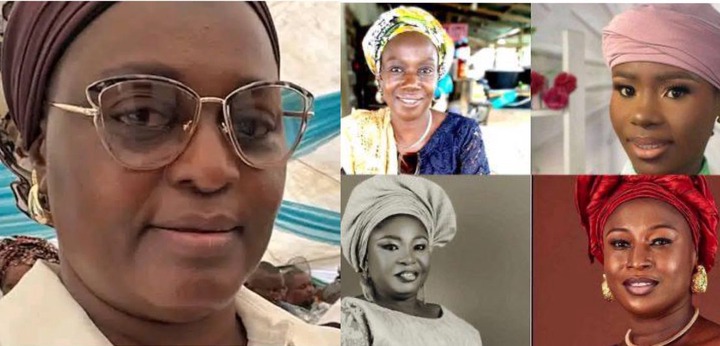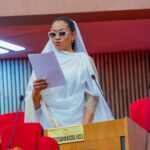The political landscape in Lagos State has been rocked by an unsettling wave of deaths, with five female elected and appointed local government officials passing away within just two months of their inauguration or assumption of office.
These sudden demises, all attributed to “brief illnesses,” have sparked public concern and speculation across Nigeria, especially given the country’s history of insufficient investigation into politically sensitive deaths.
All the elected officials were sworn in on July 27, 2025, and their swift passing has prompted questions, although the ruling All Progressives Congress (APC) in Lagos has publicly dismissed any suggestions of a political link to the tragedies.If You’re Reading From Phoenix Click On Read Original at the top To Read Full Article
The Roll Call of Tragedies
The deaths occurred under varying, but consistently sudden, circumstances:
Oluwakemi Rufai (Councillor, Ibeju-Lekki): Died on August 13, 2025, just 17 days after inauguration. She was the only woman in the legislative council for Ward C.
Zainab Shotayo (Councillor, Odiolowo-Ojuwoye): Died on August 18, 2025, only 22 days into her tenure. She was the Chief Whip of the 6th Legislative Arm and the sole female elected councillor in her LCDA.
Oluremi Nutayi Ajose (Vice Chairman, Badagry West): Died on September 20, 2025, 55 days post-inauguration. She was the daughter of His Royal Majesty, Oba Oyekan Possi Ajose, the Alapa of Apa Egun-Awori Kingdom.
Basirat Oluwakemi Mayabikan (Councillor, Shomolu): Passed away on September 21, 2025, just 56 days after her swearing-in as part of the 10th Legislative Arm for Ward F.
Mrs. Adebimpe Akinola (Council Manager, Coker Aguda LCDA): The administrative head and Chairman of the Forum of Council Managers in Lagos State, died on September 29, 2025. Her passing brought the total number of female local government official deaths to five within the two-month period.
The clustering of these deaths involving women in politics raises serious alarm, invoking Nigeria’s documented history of violence and intimidation against female politicians. Women in the Nigerian political space often face unique threats, including assassination, ritual attacks, and targeted violence aimed at discouraging their participation.
Crucially, Nigeria has a pervasive history of poorly investigating and failing to prosecute cases of suspected political assassinations and mysterious deaths. Without transparent and independent autopsies and forensic investigations, the official narrative of “brief illness” will likely be met with skepticism. This failure to thoroughly investigate such incidents perpetuates a climate of impunity and further endangers women seeking public office.
Calls for a comprehensive, state-of-the-art forensic investigation are now mounting to either conclusively establish natural causes or, conversely, identify potential foul play and protect the integrity of the democratic process.





